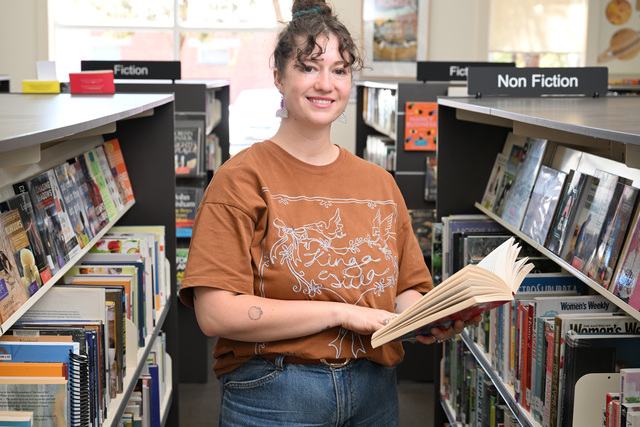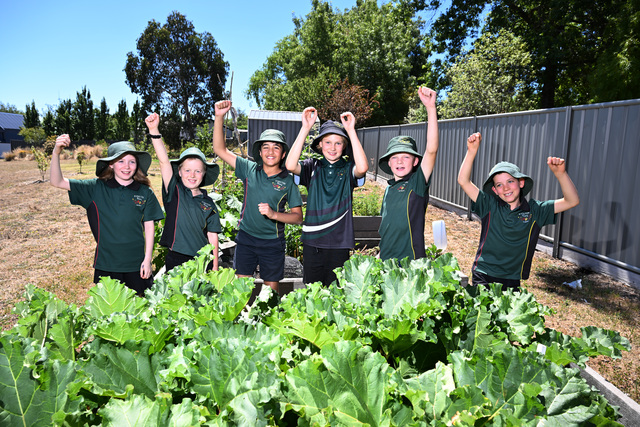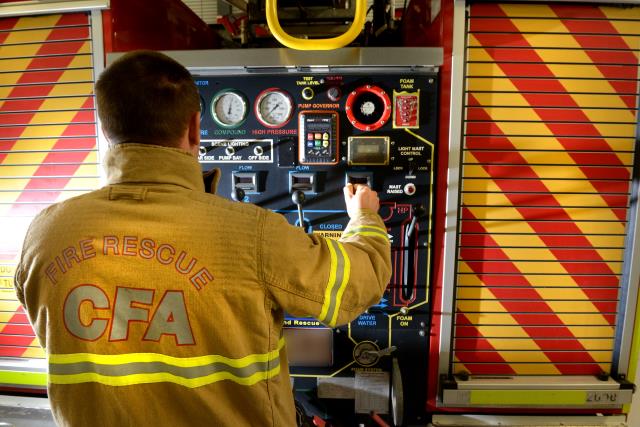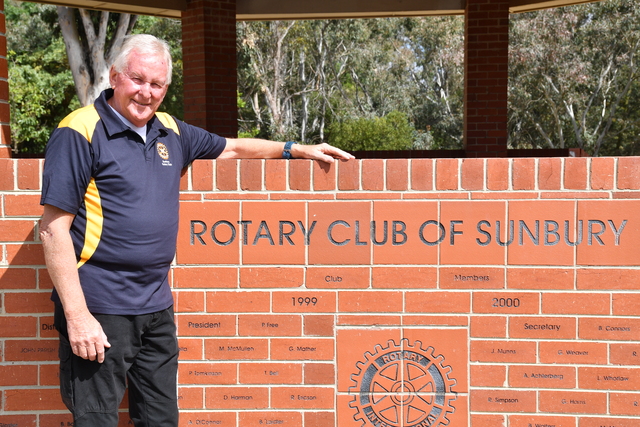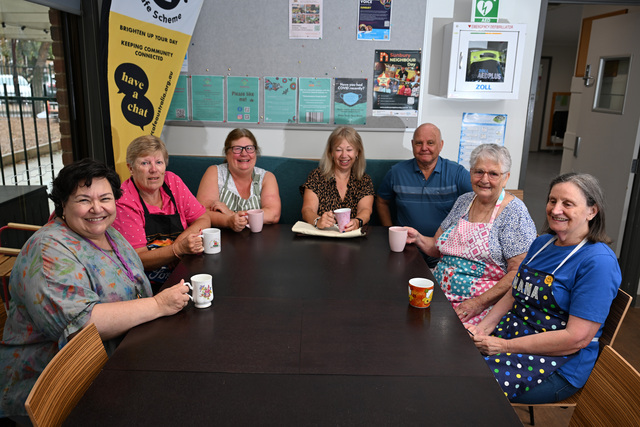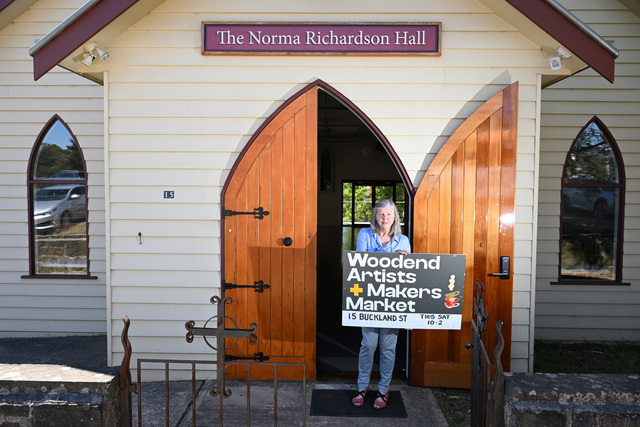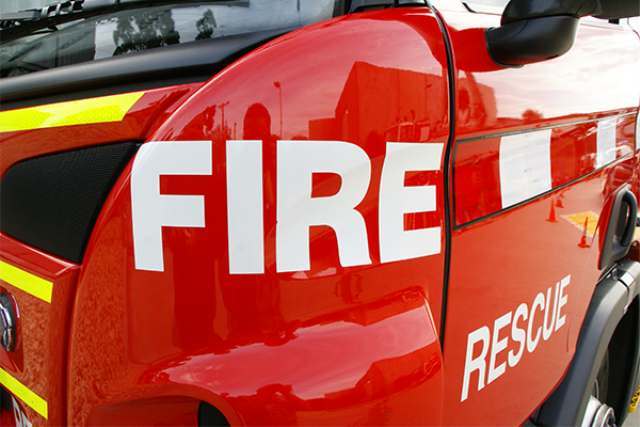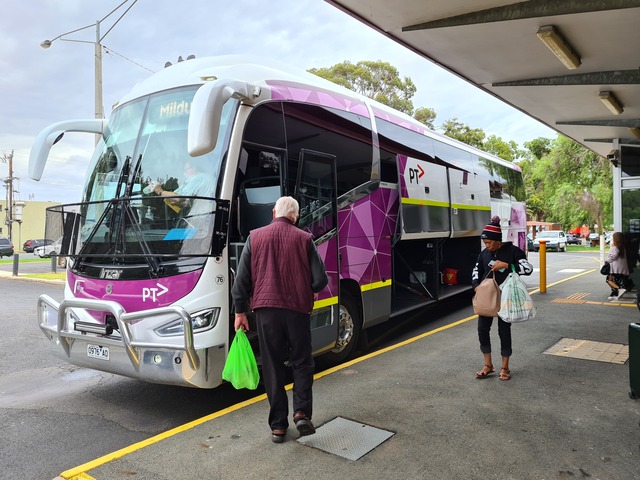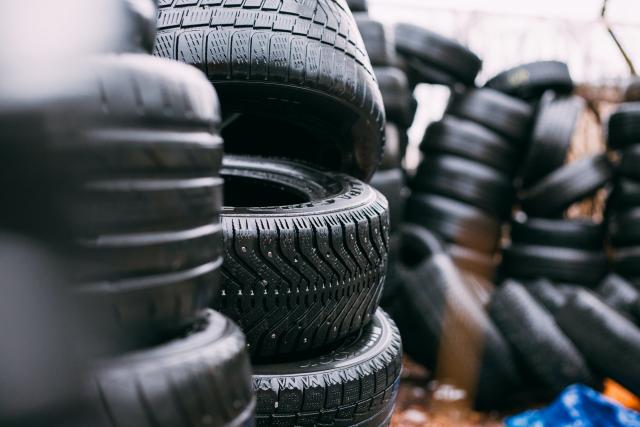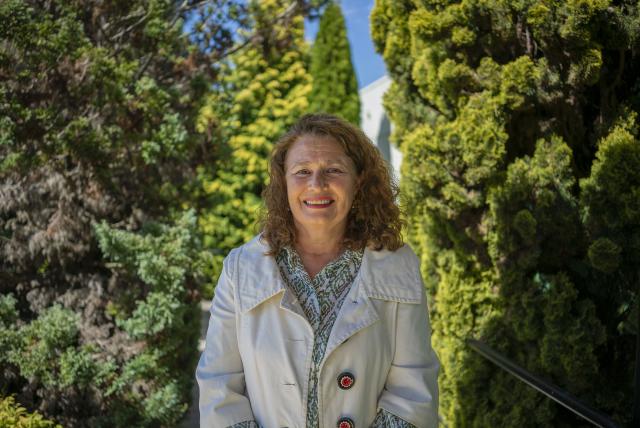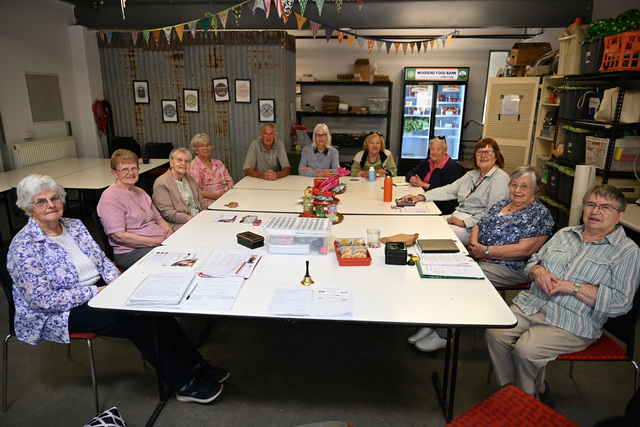A cluster of whooping cough cases at Gisborne has prompted medical authorities to ask parents to be alert for symptoms of the highly contagious disease.
They’ve also been urged to ensure their children’s immunisations are up-to-date.
Eleven Gisborne schoolchildren have reportedly been diagnosed with whooping cough in recent weeks.
The illness can be debilitating for sufferers, many of whom exhibit a prolonged cough that can last up to three months.
A Gisborne Medical Centre spokeswoman said that while cases of whooping cough were a concern, there was no need for parents to panic.
‘‘It does come in cycles,’’ she said.
‘‘Being educated and knowing the incubation period is very important.’’
The spokeswoman said immunisation was the best defence against the disease.
43 cases in Macedon Ranges
Whooping cough, also known as pertussis, is extremely serious for babies and kills one in every 125 infants under six months who develop the illness.
Health Department figures obtained by Star Weekly reveal there have been 43 confirmed cases in the Macedon Ranges this year, down slightly from 47 in 2014 but still up from 31 in 2013.
A spokesman said only two cases in the Macedon Ranges this year involved children aged under five.
‘‘A further six cases were aged five to nine years, and seven cases were aged 10-14,’’ he said.
Children diagnosed with whooping cough are usually instructed to miss school for five days after antibiotic treatment begins, or 21 days from the onset of coughing.
Unimmunised children aged under seven who have been in the same room as reported cases must be excluded from school for 14 days from the last exposure, or five days after starting a course of antibiotics.
In September, Hume council started a campaign to spread coverage of free vaccines among school students, after a 275 per cent spike in the number of whooping cough cases.
A total of 139 cases were reported in Hume in the year to July 1 – up from 37 in 2014.
More than 1200 students did not receive booster vaccines during visits to schools because families did not return consent forms.


